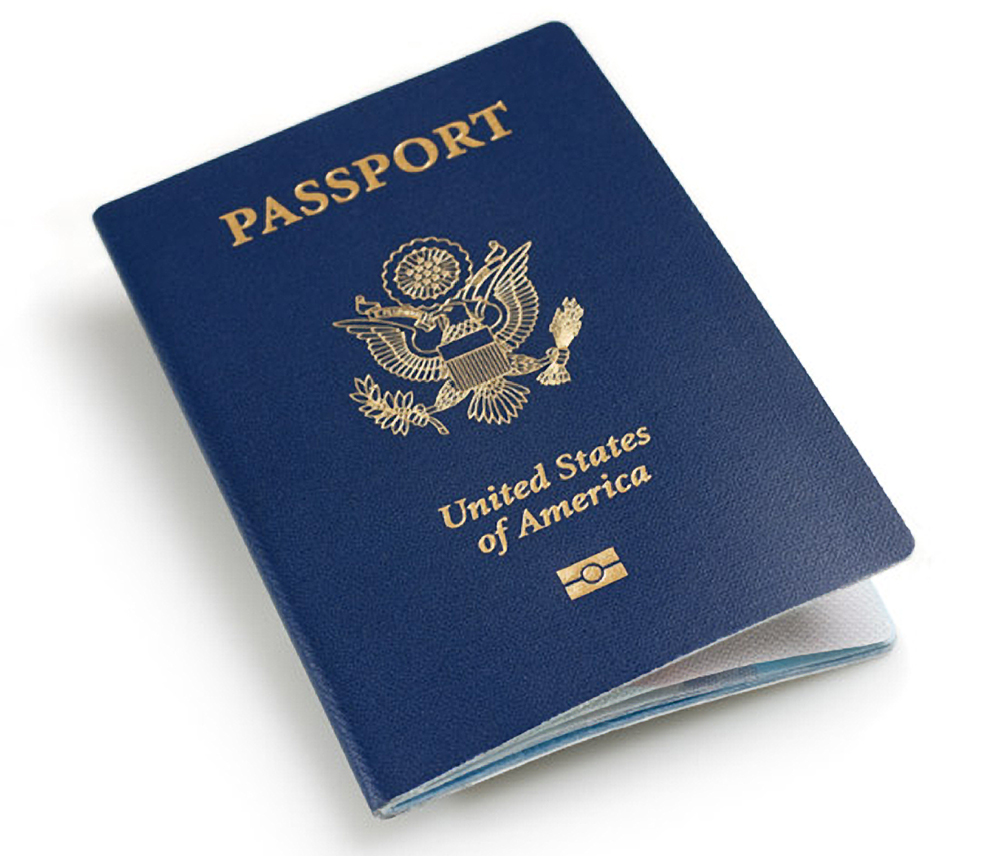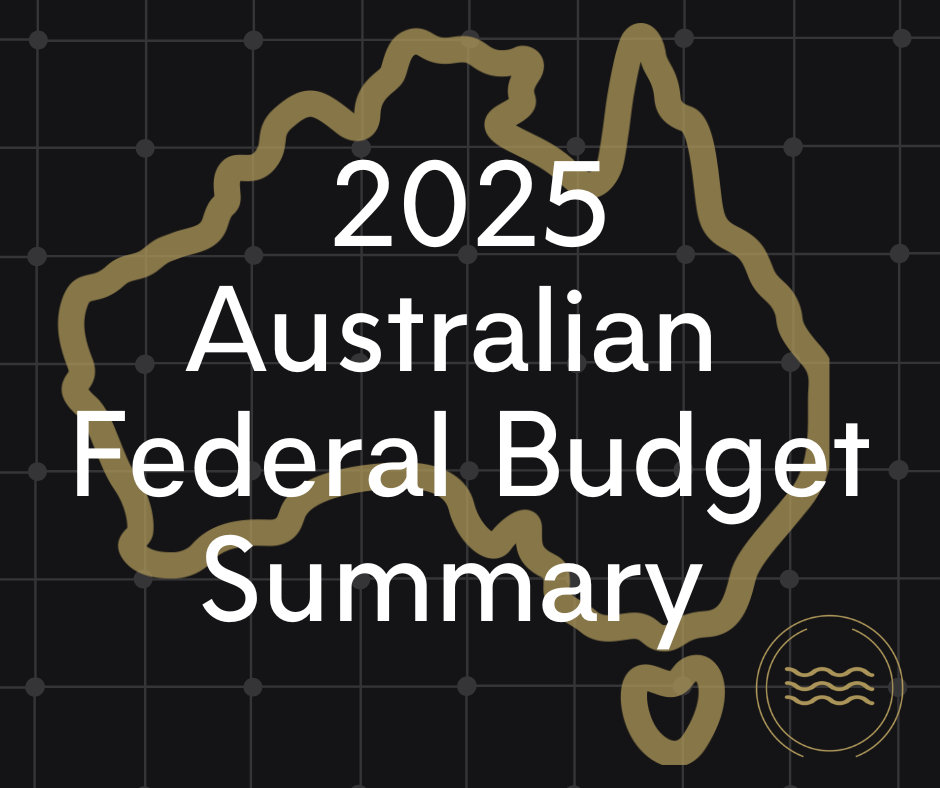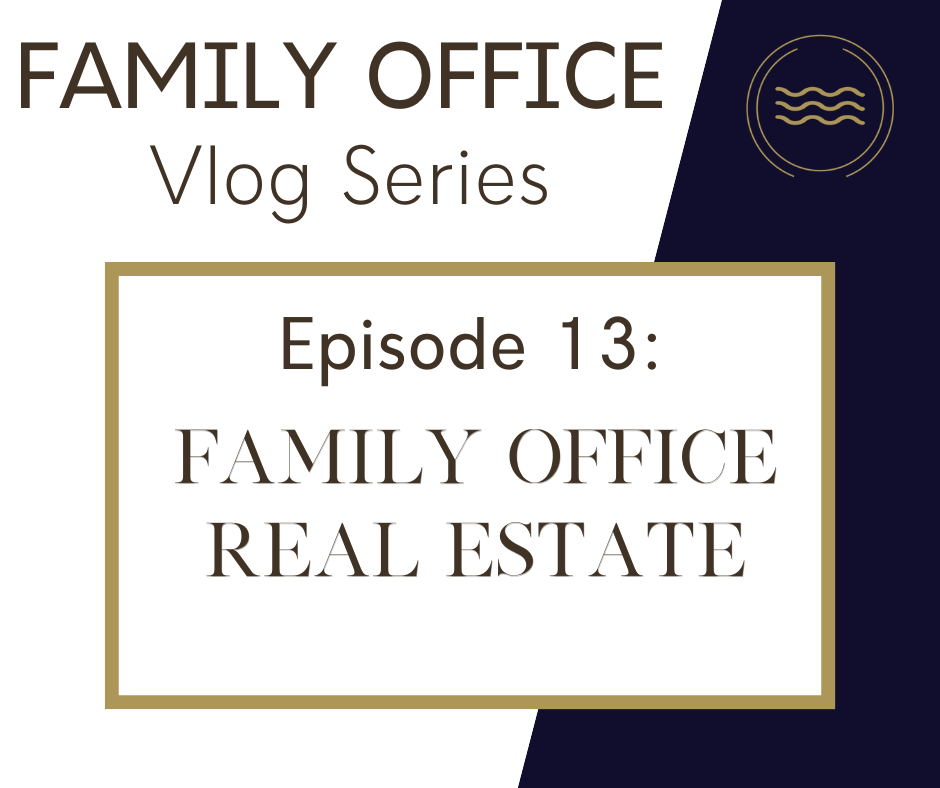
International Estate Planning: Estate Structuring for Australians who are US Citizens or Green Card Holders
Consider this scenario:
- You and your spouse are Australians with US citizenship or green cards, and intend to live in the US indefinitely.
- Your children are dual US and Australian citizens.
- The majority of your assets are now held in the US, either in your own name or in a US revocable trust – real estate, 401(k) and/or IRA accounts, stock, stock options, RSUs, other investments.
- You hold some assets in Australia (most commonly, superannuation, real estate and bank accounts).
- You are the beneficiary of an Australian discretionary trust controlled by your extended family members.
- Your extended family is located in Australia.
How should your estate be structured in this case?
The answers would depend on the following considerations:
- What is the value of the estate? Is it below the estate tax threshold?(See our blog on International Estate Planning: What is the US Estate Tax Rate?)
- Can estate taxes be deferred?
- How are the assets held (personally, jointly, or in a US revocable trust)?
- Is the surviving spouse to inherit the estate of the testator, absolutely?
- Is the ‘marital deduction’ available – are both spouses US citizens? (See our blog on International Estate Planning: US Citizens with Non-US Citizen Spouses)
- Would the surviving spouse remain in the US?
- What precautions / limitations are to be imposed to protect the inheritance for the children in the event that the surviving spouse remarries?
- What would happen on the death of the surviving spouse during the minority of the children?
- Where does the nominated testamentary Guardian reside?
- Are the children likely to have to relocate to Australia?
- Is the income from the Australian and US assets sufficient to cover the children’s living expenses?
- Would assets need to be liquidated and proceeds transferred cross-border? If so, from which jurisdiction?
These considerations in turn, require framing in the following context:
- US domiciliaries are subject to US estate tax, both at the Federal level and (in some cases) State level. (See our blog on International Estate Planning: Which U.S. States Impose Estate and Inheritance Taxes?)
- US Citizens and green card holders are subject to US tax filing and disclosure obligations regardless of where they live.
- Australian tax residents are subject to tax on their worldwide income.
- Consequently, a US Citizen or green card holder who is also an Australian tax resident needs to apply the US-Australia income tax treaty when determining which jurisdiction has primary taxing rights and what and how the foreign tax credits (US) / foreign income tax offsets (Australia) apply. (See our blog on International Estate Planning: The US-Australia Estate Tax Treaty Explained)
- Beneficiaries of both inter vivos and testamentary trusts who are nonresidents of Australia for tax purposes, are:
- subject to higher tax rates on distributions of income;
- subject to capital gains tax (CGT) even on the distribution of gains from non “taxable Australian property” such as shares (See our blog on Capital Gains and Non-resident Beneficiaries – Trustee deemed assessable: Greensill confirms the ATO’s position); and
- unable to access the CGT general 50% discount that would otherwise apply to reduce capital gains by 50% where an asset has been held for more than 12 months.
- If these beneficiaries are US citizens or green card holders, they are also exposed to:
- US tax on distributions of trust income; and
- additional tax and disclosure obligations under the US “foreign grantor trust rules” if they are considered to “own” or “control” the Australian trust, and even if they do not receive any distributions from the trust. (See our blog on Is your Australian trust a “grantor trust” for US tax purposes?)
These considerations are comprehensively addressed in our whitepaper.
The focus of this blog will therefore be on the structuring considerations relevant to the death of the surviving spouse and the minor children needing to relocate to Australia to live with their Guardian (such as an Australian resident family member).
In order to cover such a contingency, we generally advise our clients to have an Australian Will covering their Australian assets (this is in addition to their US revocable trust and US Will). As the children would be Australian tax residents (at least during their minority), the Australian Will could establish one or more testamentary trusts for the benefit of the children. An Australian testamentary trust(s) should only be set up:
- under the terms of the Australian Will; and
- on the death of the surviving spouse (or if the surviving spouse intends to relocate to Australia) while the children are minors; and
- if the children are required to relocate to Australia to be taken care of by their Guardian during their minority.
The assets of the Australian testamentary trusts could consist of:
- the Australian assets of the testator (for example, superannuation proceeds, bank accounts, real estate); and
- any assets located in Australia which the testator may have inherited and which are held in the testator’s own name.
The rationale with this structuring is that:
- Australian testamentary trusts have tax advantages in Australia for minor children – If the children were Australian tax residents, they could each access trust income of AUD $18,200 (at 2020 tax rates) tax free each year.
- The income generated from the Australian testamentary trusts and the US trust(s) and distributed to the children (their Guardian) could be sufficient to fund the children’s living expenses while in Australia.
- It may not be necessary to transfer assets from the US trusts to the Australian trusts.
- However, it would be good for the trustee(s) of the US trusts to have the discretion and the power to do so, if deemed necessary.
- If an asset transfer is to occur to fund the Australian trusts, then the transfer should be to new Australian inter vivos trusts. This is specifically so that assets held in an existing inter vivos US trust are not added to the trust funds of the Australian testamentary trusts, as later additions to the trust funds of Australian testamentary trusts that are outside of the testator’s estate can taint the “excepted trust income” (tax advantaged status) of the Australian testamentary trusts (section 102AG(2) Income Tax Assessment Act (Cth) 1936).
- As it is possible that the children may decide to return to the US, it would be good to have the US trusts continue (at least) until they are each old enough to make that decision.
- If the children decide to return to live in the US, the Australian trusts should be liquidated and the cash proceeds could then be transferred to the US trusts.
- The Australian trusts could be vested if the children do not continue to live in Australia – this would avoid the unfavorable non-resident tax issues for the children (depending on the nature of the assets in the Australian trusts) discussed above.
For more information on US-Australia tax and estate planning considerations, please contact:
Renuka Somers
Head, US-Australia Tax Desk




